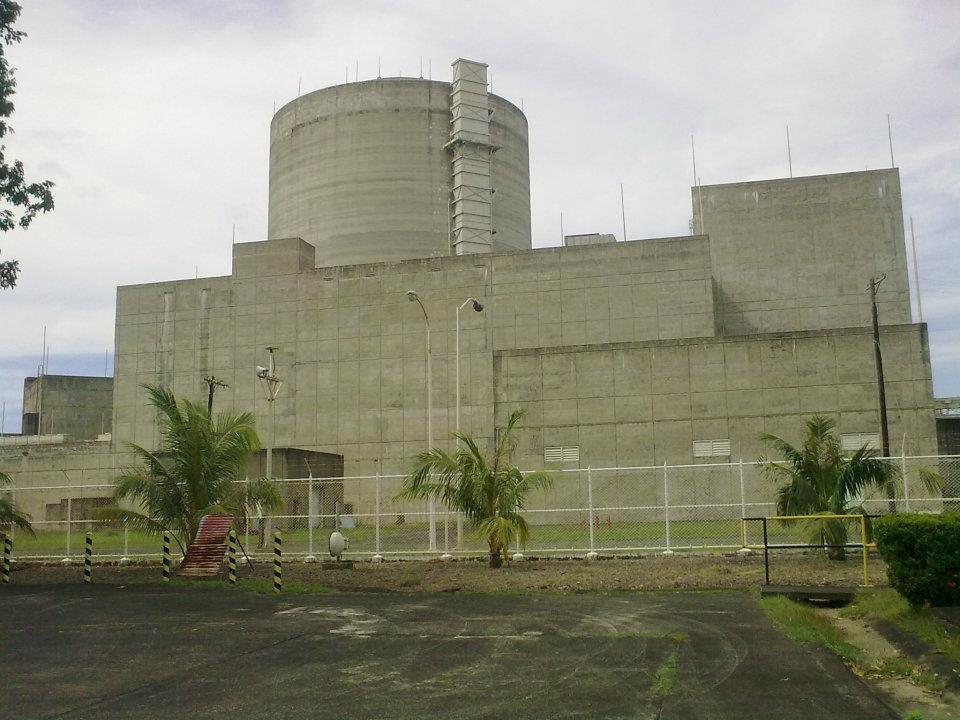Marcos Jr. in talks with South Korea on BNPP revival
- May 24, 2022
- 0

Presumptive president Ferdinand “Bongbong” Macros Jr. reveals that he is in talks with experts from South Korea on the possible revival of the Bataan Nuclear Power Plant (BNPP).
Speaking to the media after his meeting with several ambassadors, Marcos Jr. said that he and South Korean Ambassador to the Philippines Kim Inchul discussed South Korea’s offer on the BNPP, adding that its expert has visited the mothballed plant to check whether or not it could be revived or a new one should be built.
Marcos Jr. said that the country must have higher power supply should “we industrialize post-pandemic.”
The BNPP was built during the regime of former Pres. Ferdinand Marcos, Sr., but its operation was halted in 1986 by his late successor Corazon Aquino.
Marcos Jr. added that a nuclear power facility would need at least “three years of lead time” before full utilization, adding that even if it will not happen “during my administration, we still have to start somewhere.”
During the campaign, Marcos Jr. said that he will consider nuclear energy as a power source should he win the presidency.
Following outgoing Pres. Rodrigo Duterte’s signing of Executive Order 164 or the Nuclear Energy Program (NEP), the Department of Energy said that the new administration would need around three years to deploy nuclear projects in the country.
Nonetheless, Duterte has high hopes that the next administration would explore nuclear energy as an alternative power source.
“I hope that the next administration would at least explore now the possibility of itong nuclear…Tutal ang nag-umpisa nito noon si Marcos. Nagpagawa siya ng nuclear plant.,” Duterte said in a pre-recorded message to the public on Monday night.
However, Duterte recognized the risks of revising the BNPP, citing the Chernobyl nuclear power plant disaster in Ukraine, also in 1986.
“Kaya lang medyo delikado ‘to. You know kagaya ng sa Chernobyl ng Ukraine nagkaroon ng leak and so there was this radiation,” Duterte said.
Philippine Nuclear Research Institute chief Carlo Arcilla earlier said the legal roadblocks face the full implementation of NEP, and that the laws affected by the policy would need to be ironed out moving forward.